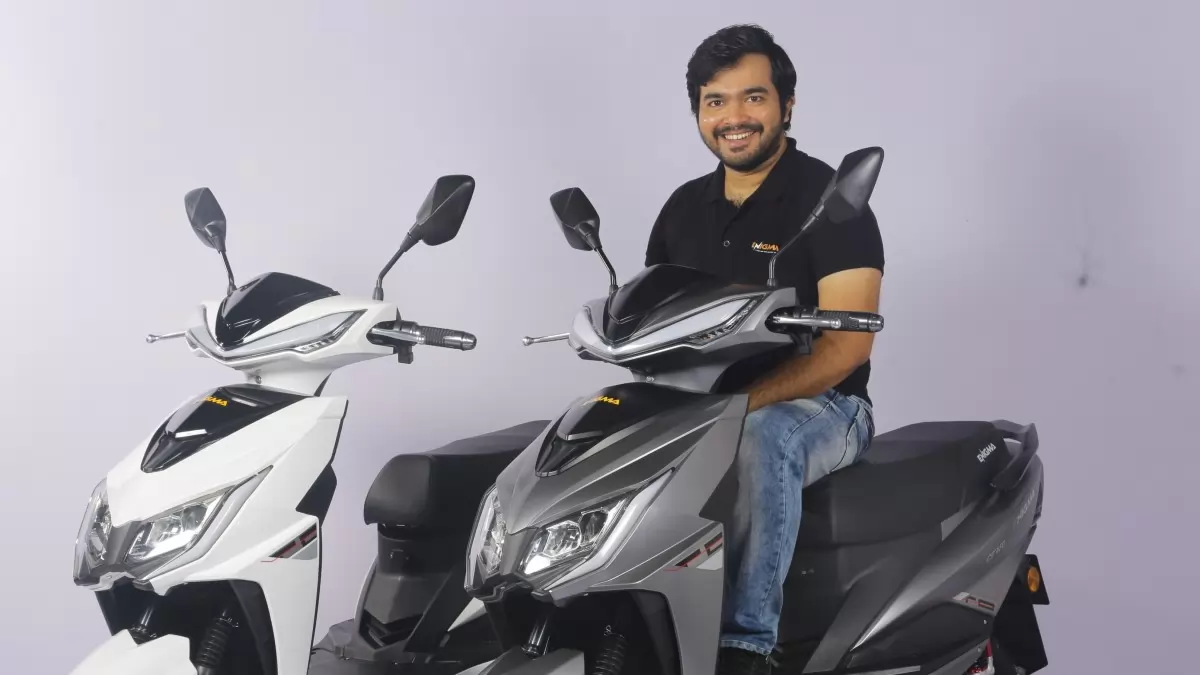Last week, central government officials reportedly said that the subsidy scheme under FAME II (Faster Adoption and Manufacturing of Hybrid and Electric Vehicles - II) will not be extended beyond March 31, 2024. This is expected to be a blow to India’s nascent electronic vehicle (EV) sector which carries some of the burdens of India’s ambitious green energy transition goals.
The news comes just two months after SMEV (Society of Manufacturers of Electric Vehicles) told the media about wanting an extension of the subsidy scheme beyond FY24. The subsidy programme aimed at EV makers was launched in 2019 with a budget of Rs 10,000 crore, as an extended version of the earlier FAME I programme. Under the updated version, the subsidy programme offers a 40 per cent discount on manufacturing costs.
Until December 2022, the scheme supported more than 7.45 lakh EVs through demand incentives worth Rs 3,200 crore. However, allegations about EV makers misusing the subsidy scheme have now emerged, posing a major threat to the scheme getting an extension.
Why Is The Government Unlikely to Extend The Scheme?
In February, the Ministry of Heavy Industries (MHI) launched a probe against some two-wheeler EV makers about alleged misappropriation of the FAME II subsidy scheme. Subsequently, it stopped providing subsidies to the companies like Hero Electric and Okinawa Autotech as both of them allegedly violated the localisation requirement of the scheme.
In addition to the requirement of local value addition to the final product, to avail of FAME II subsidy, the maximum ex-factory price of a two-wheeler EV should not be higher than Rs 1.5 lakh. Recently, Ola Electric, Ather Energy and TVS Motors came under the scanner for keeping their price below this threshold by billing the charger and the add-on software separately.
Despite the presence of such alleged mispractices, some industry experts feel that it won’t be fair to shut down the subsidy scheme, as it will have an impact on those who have not violated FAME norms as well. Lalit Singh, the chief executive officer (CEO) of TelioEV says, “The reason for this manipulation may be to avail of higher subsidies, and it is not representative of the entire EV industry.” Anmol Bohre, CEO of Enigma Motors, agrees with Singh and says that the majority of the EV companies are complying with the rules and regulations set by the authorities. Both of them hold the view that the FAME scheme ( both I and II) helped the EV companies scale their businesses.
Benefits Of FAME: Why EV Players Want An Extension
Since its inception, the FAME schemes have been pivotal to boost EV production in India. Data by the Society of Indian Automobile Manufacturers (SIAM), claimed that India manufactured 5,13,000 EVs in FY21 compared to 1,59,000 in the previous fiscal year and registered a 223 per cent growth, largely making use of FAME benefits.
Aditya Vikram, the CEO of Renon India said that the EV production in India jumped by 9200 per cent to 92,605 in FY 2020-21 from nearly 1,000 in FY 2016-17 because of the manufacturing subsidy offered by the government. Apart from boosting production numbers, FAME also helped lithium-ion battery manufacturers with financial incentives and bootstrapped founders to scale their operations.

However, some are of the opinion that some of the requirements for availing of FAME benefits are impractical due to external factors. Sohinder Singh Gill, the CEO of Hero Electric said that the 100 per cent localisation target of FAME II is difficult to meet due to gaps in the supply chain.
In The Absence Of FAME
Given the significant role played by the FAME II subsidy in boosting EV production in India, it is difficult to imagine the sector moving forward at its current pace in the absence of the much-appreciated subsidy programme. Perhaps, recognising the importance of EVs in achieving India’s green goals, the government is reportedly planning to replace the FAME II subsidy with the production-linked incentive (PLI).
EV players, however, are sceptical about whether PLIs will be a fair replacement for FAME II. Bohre says that the PLI scheme could create a disparity between the big and small players and there are possibilities where the giants can reap all the benefits because of their market size. Gill also expresses concern about the future of small firms in the absence of FAME. He says, “If FAME is replaced by PLI, start-ups and MSMEs producing EVs will have a clear disadvantage and many may have to wind down their businesses. PLI may not directly translate to a corresponding reduction in customer prices and, in any case, PLI arbitrage is less than FAME 2.

As it stands, the emerging EV industry, which is currently estimated to grow at a staggering 49 per cent annually, will definitely find it difficult if the government officially announces the discontinuation of FAME II after FY24. Given the way PLI schemes are structured, in the absence of FAME II, many small firms and start-ups will find it especially hard to continue in the EV sector.









